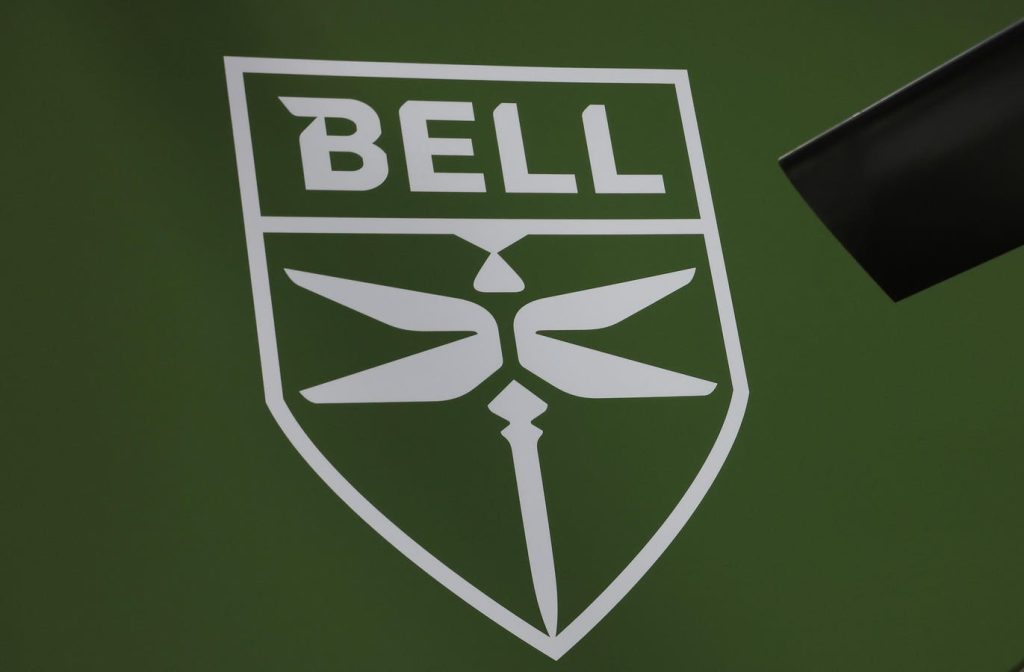We believe Lockheed Martin stock (NYSE: LMT) is currently a better pick than its sector peer, Textron stock (NYSE: TXT
XT
TXT
LMT
TXT stock has seen extremely strong gains of 60% from levels of $50 in early January 2021 to around $80 now, vs. an increase of about 20% for the S&P 500 over this roughly 3-year period. Similarly, LMT stock has also shown strong gains of 25% from levels of $355 in early January 2021 to around $445 now, vs. an increase of about 20% for the S&P 500 over this roughly 3-year period.
However, the increase in TXT and LMT stocks has been far from consistent. Returns for TXT stock were 60% in 2021, -8% in 2022, and 10% in 2023, while LMT stock saw returns of 0% in 2021, 37% in 2022, and -9% in 2023. In comparison, returns for the S&P 500 have been 27% in 2021, -19% in 2022, and 19% in 2023 – indicating that TXT underperformed the S&P in 2023 while LMT underperformed the S&P in 2021 and 2023.
In fact, consistently beating the S&P 500 – in good times and bad – has been difficult over recent years for individual stocks; for heavyweights in the Industrials sector, including UNP, BA, and GE, and even for the megacap stars GOOG, TSLA, and MSFT.
In contrast, the Trefis High Quality Portfolio, with a collection of 30 stocks, has outperformed the S&P 500 each year over the same period. Why is that? As a group, HQ Portfolio stocks provided better returns with less risk versus the benchmark index, less of a roller-coaster ride, as evident in HQ Portfolio performance metrics.
Given the current uncertain macroeconomic environment with high oil prices and elevated interest rates, could TXT and LMT face a similar situation as they did in 2023 and underperform the S&P over the next 12 months – or will they see a strong jump? We believe LMT will fare better between the two.
1. Lockheed Martin’s Revenue Growth Is Better
- Lockheed Martin’s revenue growth has been better, with a 3.4% average annual growth rate in the last three years, while Textron’s revenue declined at an average rate of 1.4% over this period.
- The revenue decline for Textron can primarily be attributed to the impact of the COVID-19 pandemic on the company’s businesses, especially aviation and industrial. A reduction in aircraft utilization impacted its aviation aftermarket business, as well. Weak travel demand and supply chain issues led to order cancellations in 2020.
- While aviation demand has picked up over the last year or so, Textron’s Bell helicopter revenue has decreased due to lower military demand. Although Textron saw higher military volume in Q3’23, it was offset by lower commercial volume.
- Lockheed Martin’s revenue growth over the recent years has been led by higher production volume for its Sikorsky helicopter programs, AC-3, Long Range Anti-Ship Missile, and the Joint Air-to-Surface Standoff Missile program, among others.
- The company is benefiting from increased warfare systems and sensor sales.
- It is also seeing a higher volume of production contracts for F-35 and the national security space program driving its sales growth, a trend expected to continue in the near term.
- Looking forward, Lockheed Martin’s revenue is expected to continue to grow faster than Textron’s over the next three years.
2. Lockheed Martin Is More Profitable
- Textron’s operating margin rose slightly from 6.9% in 2019 to 7.9% in 2022, while Lockheed Martin’s operating margin has slid from 13.3% to 11.2% over this period.
- Looking at the last twelve-month period, Lockheed Martin’s operating margin of around 13% fares better than 7% for Textron.
- Our Textron Operating Income Comparison and Lockheed Martin Operating Income Comparison dashboards have more details.
- Looking at financial risk, both stocks are comparable. While Textron’s 21% debt as a percentage of equity is higher than 14% for Lockheed Martin, the latter’s 5% cash as a percentage of assets is lower than 10% for TXT. This means that Lockheed Martin has a better debt position, but Textron has more cash cushion.
3. The Net of It All
- We see that Lockheed Martin has seen better revenue growth, is more profitable, and has a better debt position. On the other hand, Textron has more cash cushion and is trading at a slightly lower valuation multiple.
- Now, looking at prospects, using P/S as a base, due to high fluctuations in P/E and P/EBIT, we believe LMT is the better choice of the two.
- Looking at valuation multiples, LMT fares better. Textron is currently trading at 1.2x trailing revenues, vs. the last five-year average of 0.9x. In contrast, Lockheed Martin is currently trading at 1.6x revenues, aligning with its last five-year average.
- Although we expect this gap in valuation multiple to narrow in favor of Textron over time, Lockheed Martin will likely outperform Textron due to its superior (expected) revenue growth.
- Our Textron Valuation Ratios Comparison and Lockheed Martin Valuation Ratios Comparison have more details.
- The table below summarizes our revenue and return expectations for Textron and Lockheed Martin over the next three years and points to an expected return of -7% for TXT over this period vs. a 17% expected return for LMT, based on Trefis Machine Learning analysis – Textron vs. Lockheed Martin – which also provides more details on how we arrive at these numbers.
While LMT stock may outperform TXT, it is helpful to see how Textron’s peers fare on metrics that matter. You will find other valuable comparisons for companies across industries at Peer Comparisons.
Furthermore, the Covid-19 crisis has created many pricing discontinuities which can offer attractive trading opportunities. For example, you’ll be surprised at how counter-intuitive the stock valuation is for Textron vs. Whirlpool
WHR
Invest with Trefis Market Beating Portfolios
See all Trefis Price Estimates
Read the full article here















